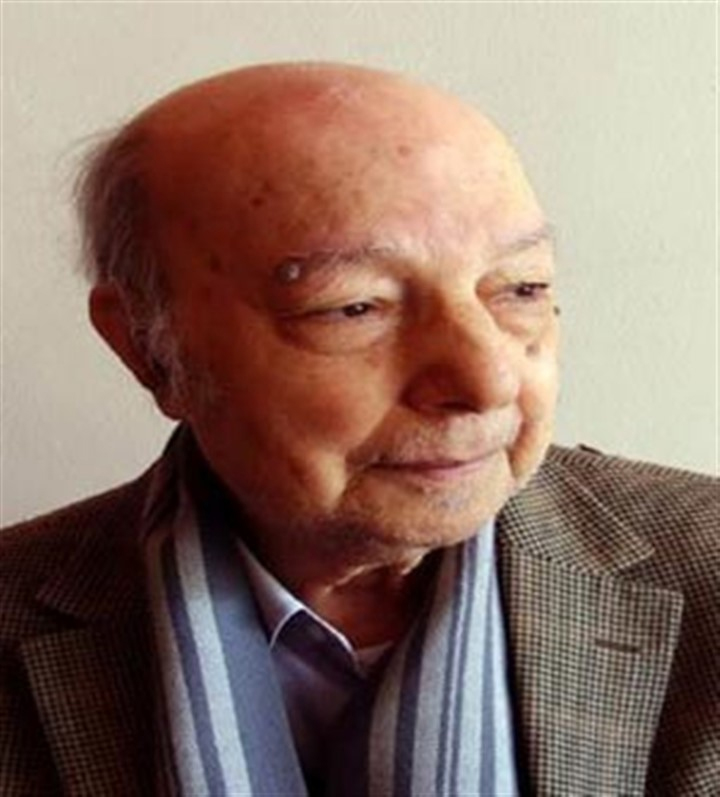Ali al-Shawk’s death leaves an empty space that no one can fill. He was prolific, thoughtful, articulate, and of high manners. Personally, I thought of him as one of the most cultured intellectuals I have met inside or outside of Iraq. His cultural depth owed to the greatness and diversity of his reading, which included his fluent command of English, from which he translated several books.
When the Iraqi Literary Union was authorized in 1959, al-Shawk was elected as the official in charge of the novel section, allowing him to publish Iraqi novels. Unfortunately, military censors hindered his efforts. My own first novel, “Old Case,” remained on the censors’ shelves for three years until the Ramadan Revolution (8th of February coup by the Iraqi Baath, 1963), when it was burnt with many others. Al-Shawk was known as a leftist intellectual after his participation in editing Al Muthaqaf Magazine, which was licensed after July 14, 1958. He followed this by publishing many books, and also participated with others in the translation of “And Quiet Flows the Don” by Sholokhov (Nobel Prize, 1965). Al-Shawk wrote continuously until death.
Al-Shawk was tall and lean, mild in his conduct, and came from a wealthy family. I was fortunate to have visited his house once, which was like an antique masterpiece: distinguished, old, but in perfect condition. I still remember the coffee that I sipped, which was a mixture of Iraqi type, with a little coffee already made to give a unique flavor.
Al-Shawk’s humility set a worthy example for others. He listened to you until you finished talking before giving his own opinion. If your opinions clashed, he avoided the subject and refrained from arguing. His voice was low and mild, yet audible, and his tone strong and imposing. Regardless of your impression of him, you could not miss his great fondness for knowledge.
Al-Shawk was not only a well-read scholar but was better-read than anyone I have known. Whenever I had a question, whether about culture or arts, I used to jot it down so when traveling to Baghdad, I could turn to him for answers. I remember that once I found different meanings of the letter Z (in reference to the famous film “Z”), and he readily gave me a clear and jargon-free explanation.
Ali al-Shawk’s writings contributed to closing a yawning gap in Arab intellectual culture that stemmed from the belief that colonial civilization is superior to ours in all fields, including science and politics. We developed an inferiority complex, which contributed to our growing weakness, dependency, and emulation of our colonizers, becoming virtually a toy in their hands. In his writings, al-Shawk reminds us that this strong and advanced West was at one-point subordinate to us in rank in many areas, and even borrowing from us. Meanwhile, we share many common interests with the West, a fact that challenges the notion of any inferiority complex. His reasoning contested the assertion of Rudyard Kipling, that “East is East, and West is West, and never the twain shall meet.” On the contrary, al-Shawk explained that the East is West, and the West is East, and they were one thing and then separated. The once-Babylon, Egypt, Tyre, Asia Minor, and Sumer, then radiant beacons, were just as radiant as America, Europe, and Japan today.
Al-Shawk did not introduce a complete philosophy, new theories of thought, or a new method of teaching, but he dwelled in the meanings of words, searching for their roots in Arabic, Semitic languages, Indo-European languages and in epics like the Torah, Koran, Bible and other holy books, including the legends of non-civilized tribes and undeveloped civilizations. The useful and important findings of his research were reflected in over 22 of his books.
Al-Shawk’s writing relates intimately to present Arab and Iraqi realities, and that has garnered him some criticism. His harshest critics tended to be uninformed or shallow intellectuals, bent on hatred of historical figures, leveling unsubstantiated charges against them, smashing their statues, slandering their reputation, and bringing them to trial. Al-Shawk addressed these critics, if only indirectly.
Writing about music remains one of al-Shawk’s major contributions. He discusses Harun Al-Rashid’s role in the development of singing, his interest in Arabic poetry, and how he impelled Al-Asfahani to write his great book “The Songs.” Al Shawk also explained the ways and means of transferring the songs liked by Harun al-Rashid to the West, describing how the songs were chanted by Spanish singers, and the long centuries during which they were enjoyed by listeners.These contributions opened the door to a huge civilizational exchange between the Arabs and the Spaniards, a cross-fertilization of ideas that still glows in songs up to the present.
Translated and edited from the Arabic by Elie Chalala.
This article appeared in Al Jadid Magazine, Vol. 23, No. 76, 2019.

